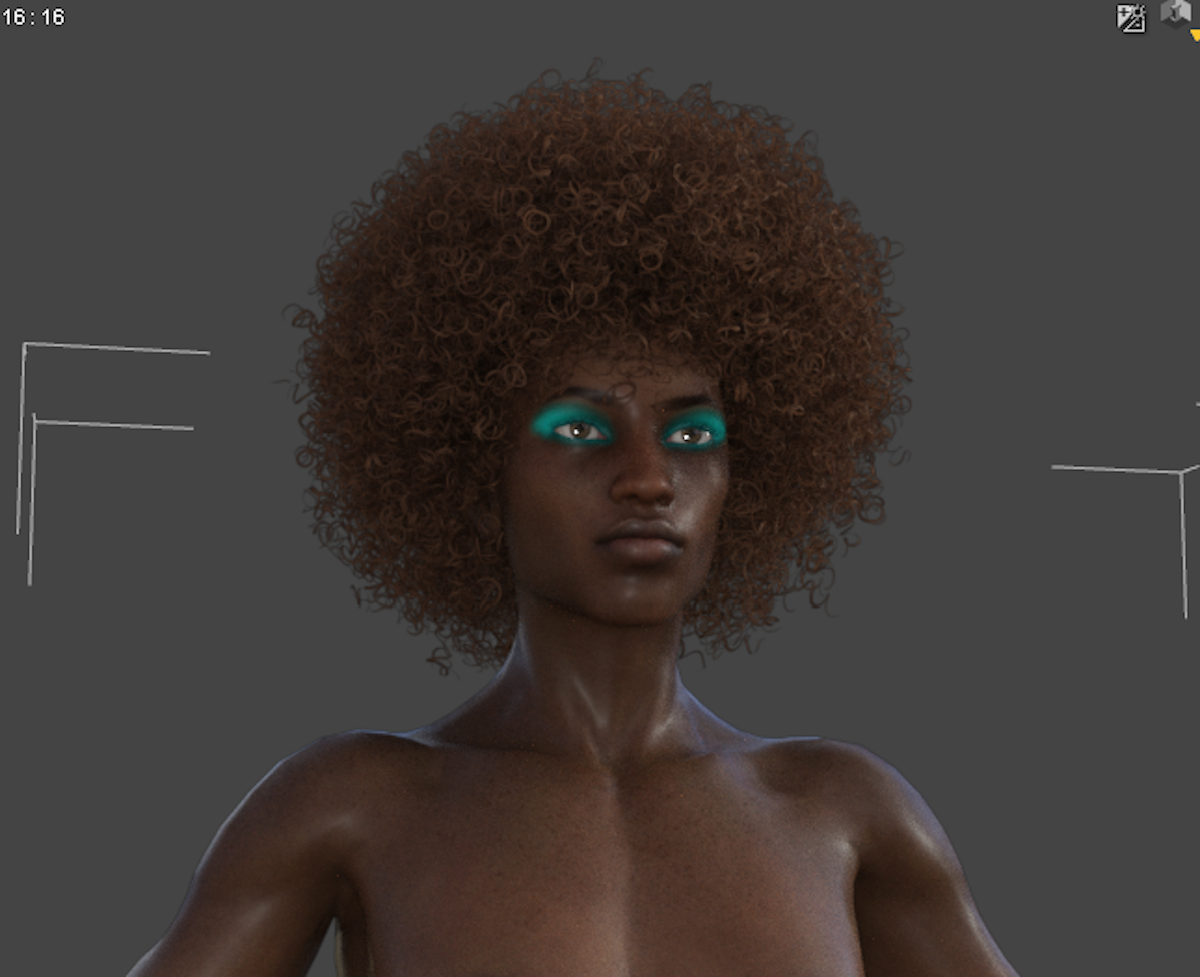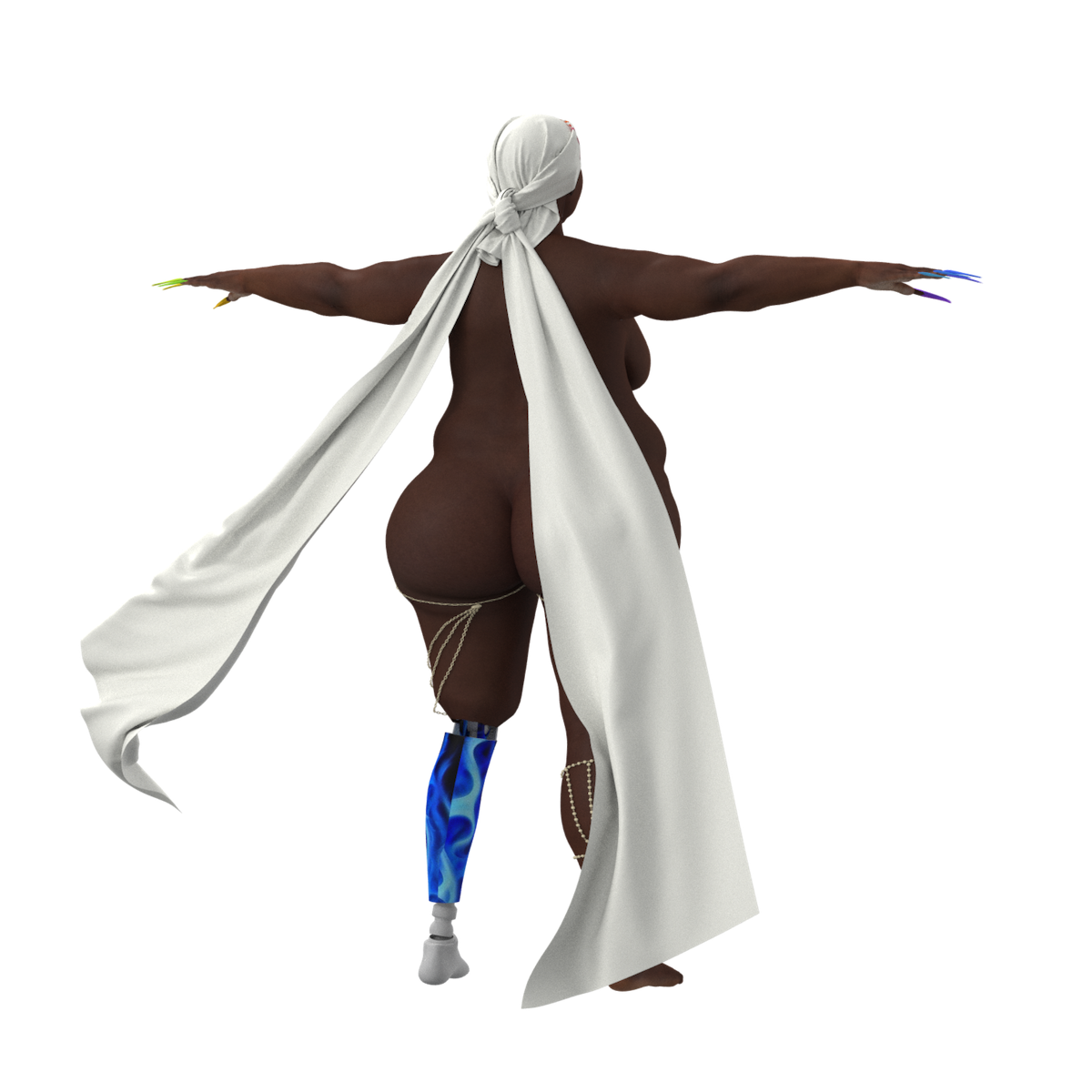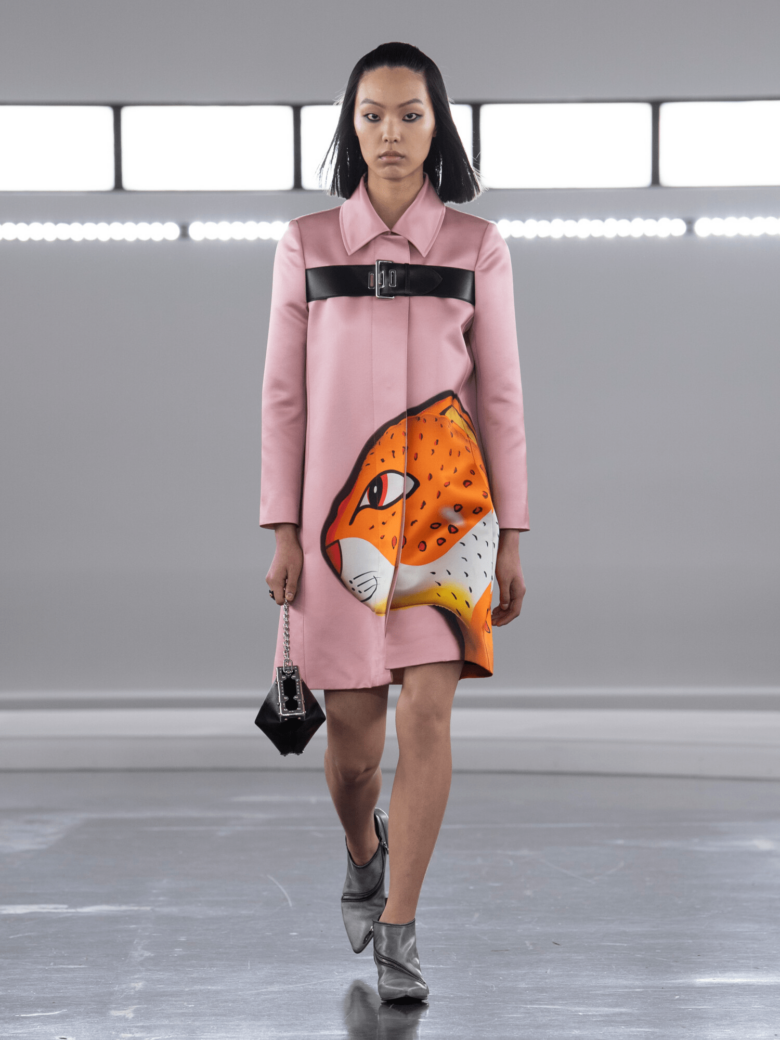UNIFIED BY COLOUR: Play Nice talk representative AI
The optics of diversity have been under question for some time, from the interracial couples taking over our ad breaks to the brands that posted black squares in the darkest moments of #BlackLivesMatter this year. But diversity goes way beyond the things we see and consume. It simmers down into the algorithms that serve us that content, and the structures that shape society. These algorithms in themselves already perpetuate definitions of success and definitions of beauty – ones we as a society are currently trying to dismantle.
The lack of diversity in tech and AI presents a risk of perpetuating historical power imbalances and replicating injustices of the past. A study by Nesta last year shows that under 15% of AI researchers are women and even PoC leaders in tech regard themselves as a ‘statistical anomaly’. But what does that mean for us? It means that the technologies we use and ask questions every day have a heavily skewed and homogenous view on the world – one that favours the mindsets and views of cis-gendered and heterosexual white men over that of anyone else.

In the modern day we’re becoming increasingly dependent on these technologies, for entertainment, travel and most importantly, finding out information about the world. So when it came to defining characters that sit so absolutely in the digital space, it felt crucial to decolonise it and to occupy that space with “Black” thinking. Which in itself is a big task to take on, but last year at Central Saint Martins we were blessed with these words:
“Is there such thing as authentic black culture, or is that too simple a colonial construct? After all if colonialism is essentially a process of material and cultural conquest and appropriation, then surely this is as old as humanity? And so perhaps the project of decolonisation is less about seeking authentic culture as such but more about the opening up of creative spaces to facilitate the production of culture informed by indigenous thinking and doing” – Dr Gurham Singh, Visiting Fellow in Race and Education, UAL
When we approached this project we did so with a self-awareness of our own biases, questioning how we could develop raw self-expression for these characters with as little compromise and as much relevance as possible. Of course, as cis-gendered Black men from the inner city, structures of our own are built into our methodology, but less colonial ones that are community-driven and co-created by the real people within our reach. This project pushed us to question our own realities, and ultimately tap into technology’s truest power of showing us a world we never would have thought about or knew existed. We built and trained this AI using real contributions from an array of people from the diaspora, who range in terms of ability and how they present themselves to the world; whether that be their size, gender expression, sexuality or identity.

We modelled our questions backwards based on interviews with some of fashion’s most diverse talent including Aaron Phillips, Ajak Deng, Chella Man, Jazzelle UglyWorldwide, Paloma Essesser and more. Then we stripped those questions of unconscious biases twice over to give the contributors a less pointed way of giving their opinions.
We wanted to free ourselves of trauma driven responses and so the results are fictional but driven by those contributors’ lived experiences. So when you read what these characters have to say – take into mind that they look towards the world we want to live in, keep in mind that their way of speaking still reflects the internet which is heavily westernised. But focus on the goal of helping to build these data sets and what it can mean for our future.
We are Play Nice, a creative studio building intersections between communities. We focus on the people making change, and develop creative communication and moments to highlight their character, goals and culture. Follow us @playniceldn.
For more details on the attributes of the contributors and samples we used to train the AI, get in touch with Play Nice via their Instagram, @playniceldn.
Shop FANGIRL’s Unified by Colour Drop here. You can view the catwalk and read the “interview” with CGI models Thea and Iniko here. Read about the process of making the digital catwalk here.

